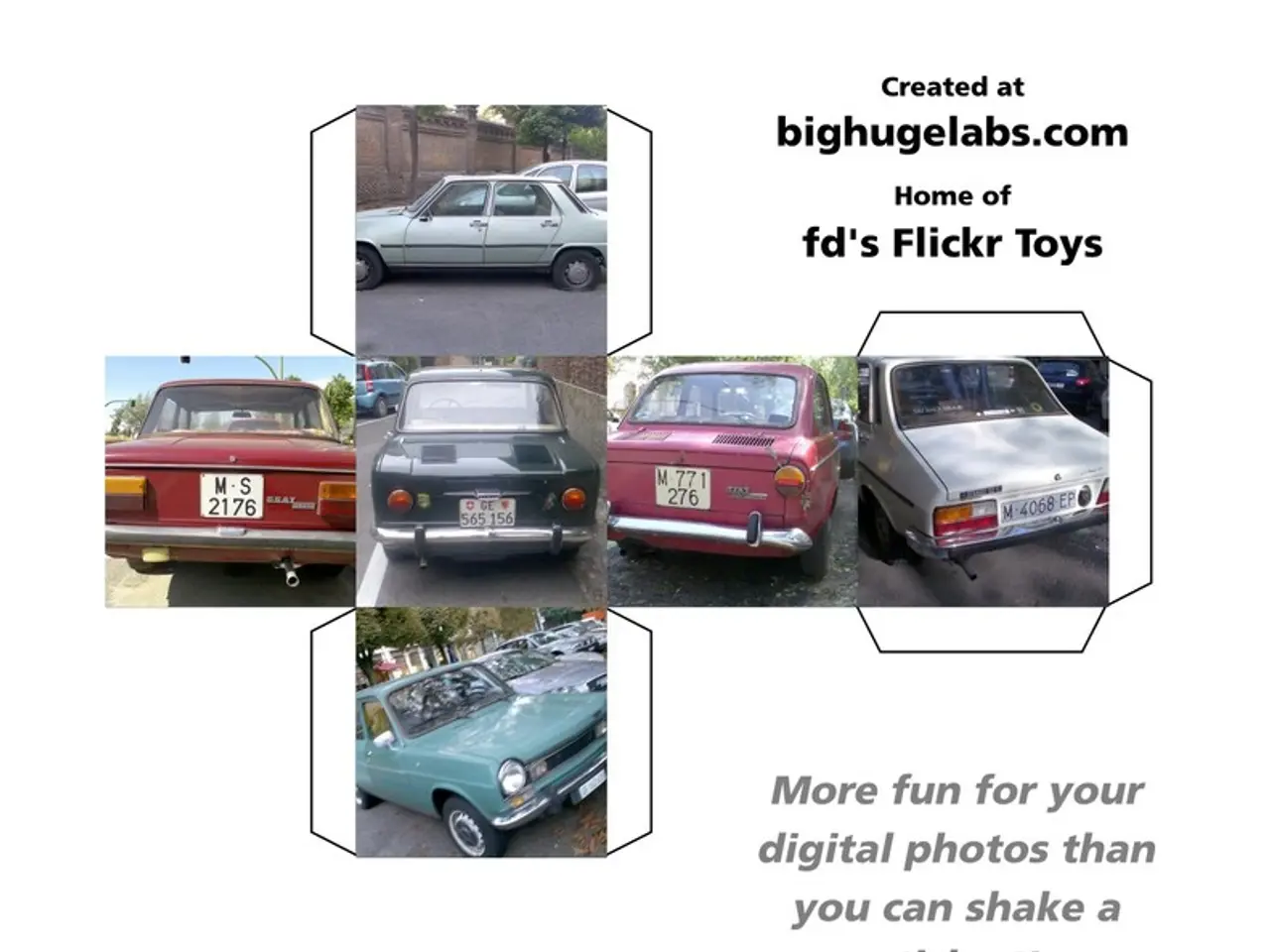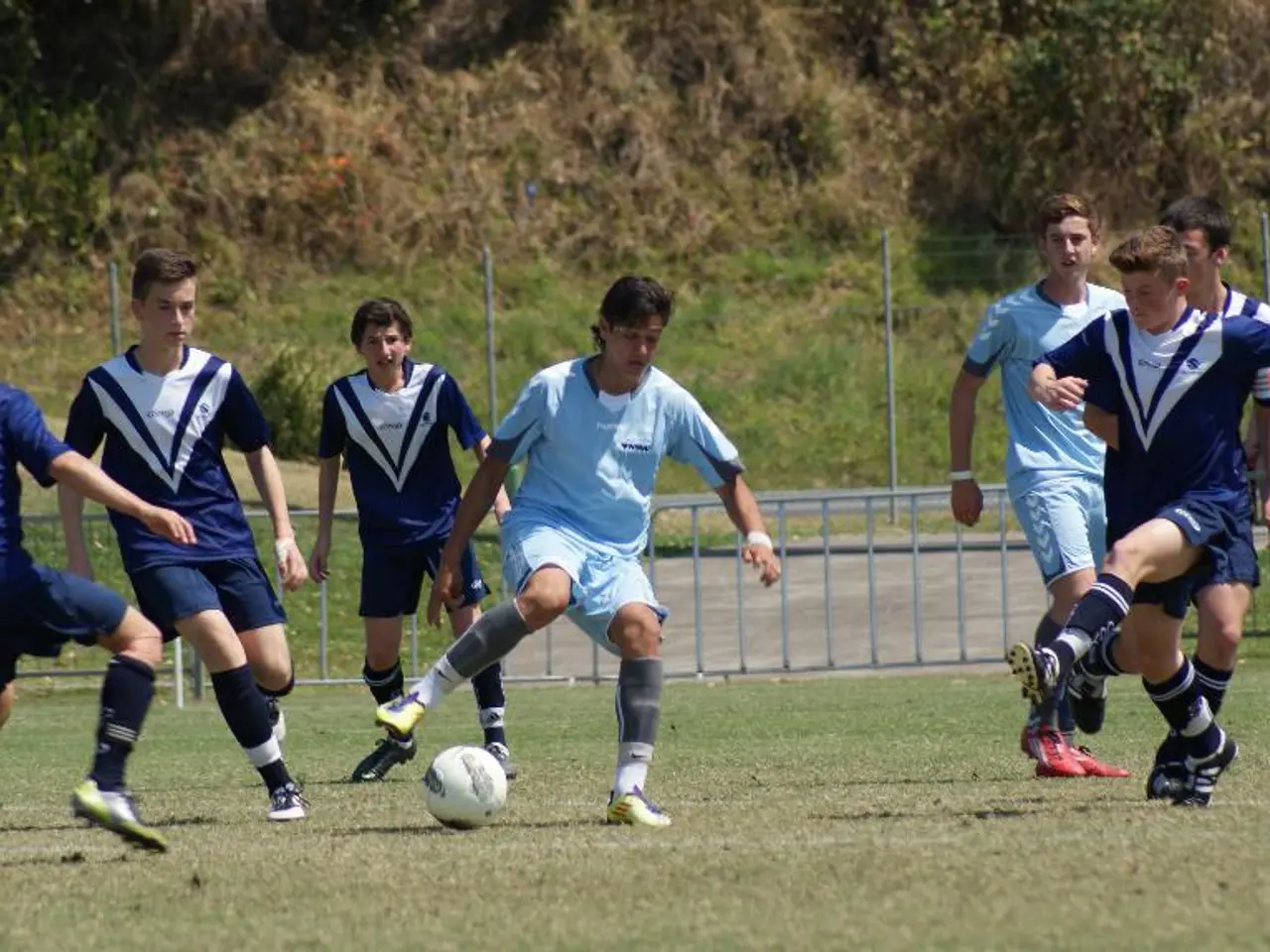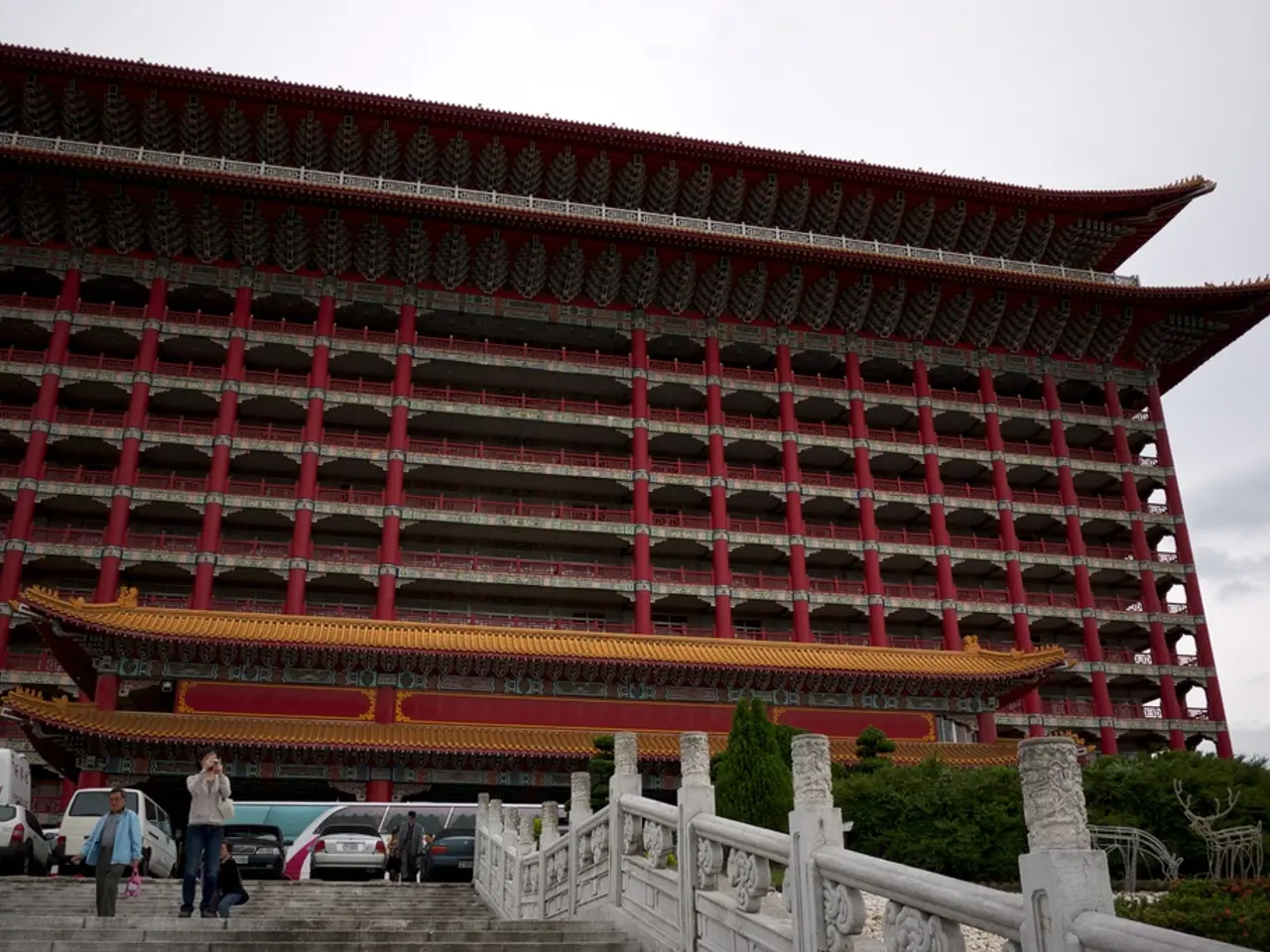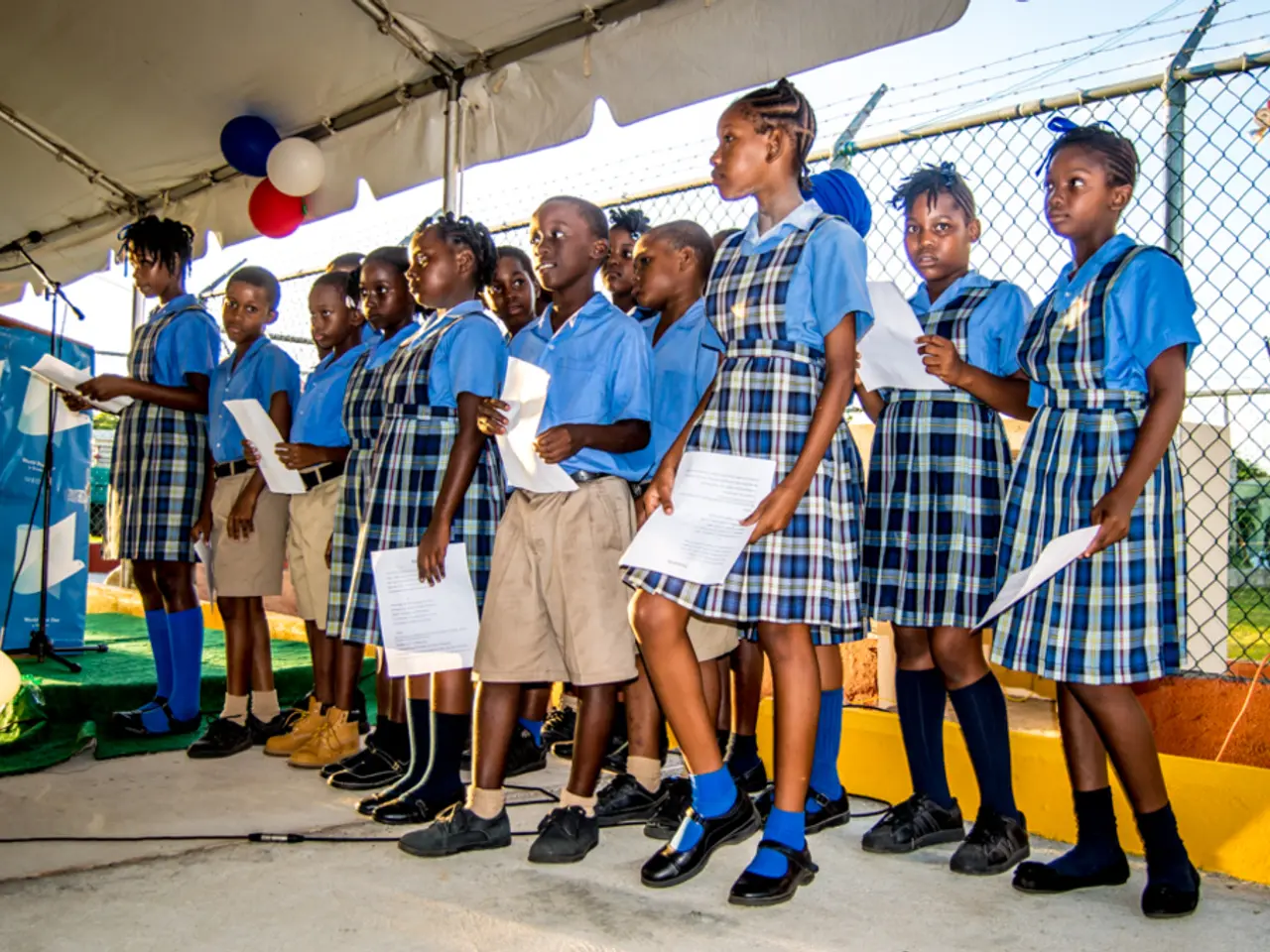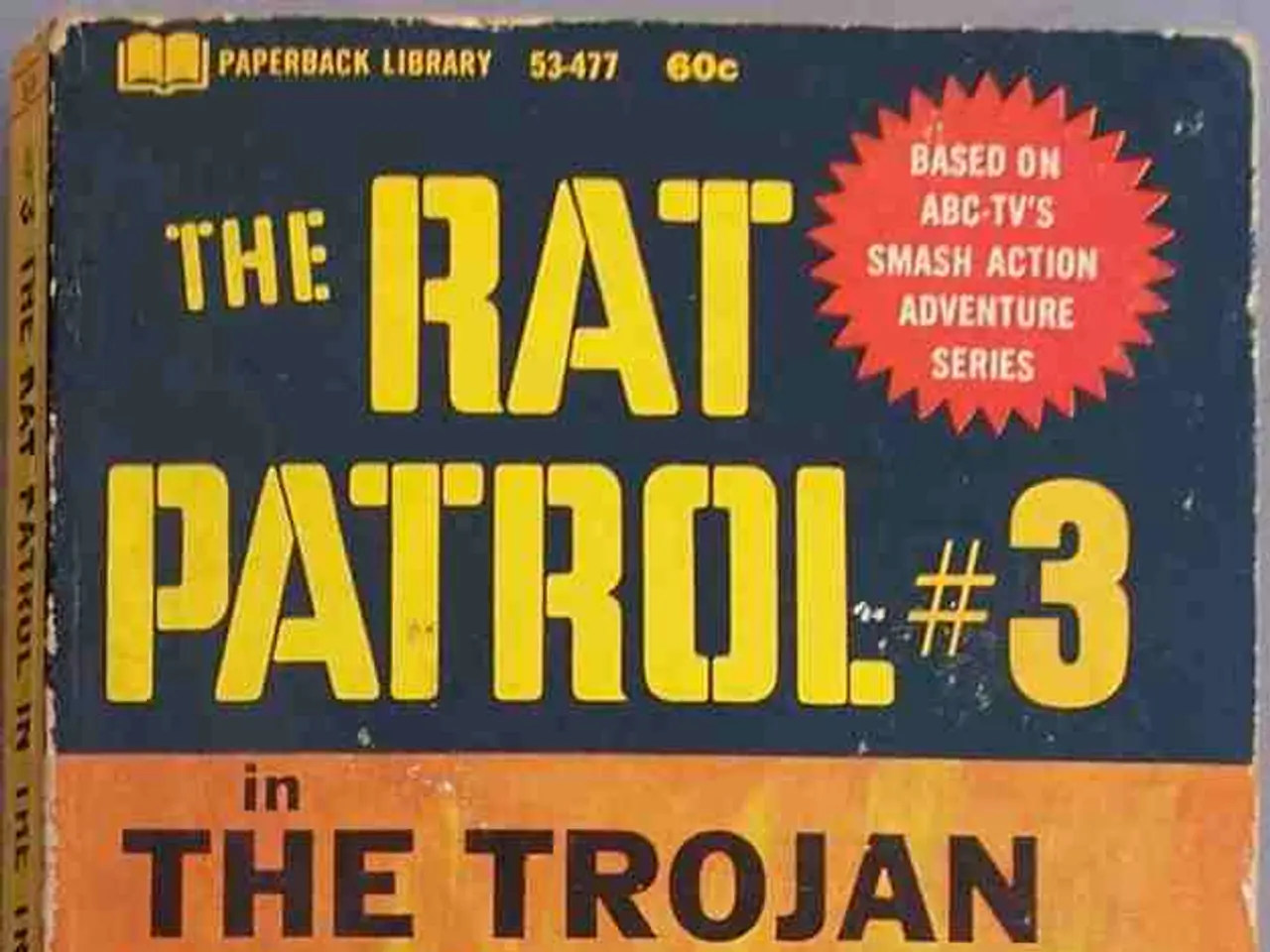Prohibition of Chinese truck sales on Russian highways: Government action on erratic Chinese automotive imports
In recent developments, Russian authorities have imposed import and sales bans on several Chinese truck brands due to multiple safety violations identified by the federal agency Rosstandart. The ban affects models from Dongfeng, Foton, FAW, and Sitrak, with issues such as poor braking performance, faulty seatbelt mountings, non-compliance with noise emission levels, deficient emergency device installations, and electromagnetic compatibility problems found in these vehicles [1][2][3][4][5].
The safety concerns led Rosstandart to revoke certification permits for certain models, order recalls, and halt their sales under threat of fines [1][2][5]. These violations were described as posing a "direct threat" to public health and safety, including risks to drivers and pedestrians alike [1][5].
Beyond the safety issues, these bans also align with Russia’s broader protectionist stance amid a domestic automotive industry struggling with declining demand and increased market share of Chinese vehicles. Russian producers like Kamaz have criticized the influx of Chinese trucks, which contributed to their economic slowdown. The restrictions are part of efforts to shield local manufacturers by reducing foreign competition and encouraging production or assembly of vehicles domestically, including Chinese-made ones under local arrangements [1][3].
Despite these measures, the skeptical attitude of buyers towards the quality of Chinese trucking equipment is unlikely to change [6]. Maxim Kadakov, chief editor of "Behind the Wheel," has pointed out a common scheme where one sample is certified, but vehicles with different characteristics are put up for sale [7]. Document violations were also found in these vehicles [7].
The accident rate involving Chinese trucks has seen a sharp increase in 2024. According to the National Automobile Union (NAS), 422 incidents involving Sitrak and Howo trucks that should have been recalled but remained in operation were recorded in Russia [8]. The GIBDD registered 371 accidents, 51 of which resulted in severe consequences [9].
However, Chinese manufacturers are not currently interested in establishing production facilities in Russia [10]. One possible solution to the problem could be the establishment of production facilities in Russia, which would improve quality control [11]. Anton Shaparin, vice-president of NAS, has explained that Chinese manufacturers often use certificates obtained in other EAEU countries to simplify document processing in Russia [4].
In response to the bans, manufacturers have promised to fix these issues and offered free repairs to owners of problematic vehicles [12]. Rosstandart has imposed a ban on the import and sale of certain models of Dongfeng, Foton, FAW, and Sitrak due to non-compliance with safety requirements [3]. The affected vehicles include the Dongfeng DFH4180, Foton BJ4189, FAW CA4250 and CA4180, Sitrak ZZHS, Foton M4L, Dongfeng DFH5200B, Foton H5, and FAW JH6-B 8X4 [3]. Inspections revealed issues with braking systems, high noise levels, and the absence of automatic emergency service notifications in the affected vehicles [1][2].
These developments highlight the ongoing challenges in ensuring the safety and quality of imported vehicles in Russia, as well as the country's efforts to protect its domestic automotive sector from foreign competition.
The ongoing challenges in ensuring the safety and quality of imported vehicles in Russia have led to the revocation of certification permits and halting of sales for some Chinese truck models. Despite the safety concerns, Chinese manufacturers appear disinterested in establishing production facilities in Russia, which might improve the quality control of their vehicles.
